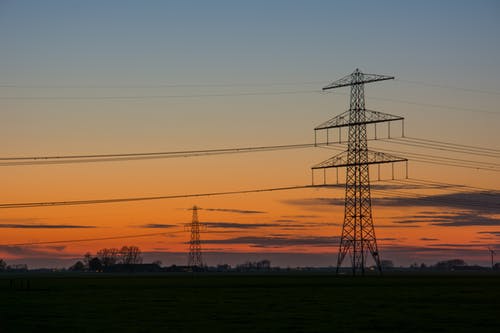Sierra Leone’s Vice President Dr. Mohamed Juldeh Jalloh… Member States of ECOWAS by way of bringing Private Sector Investment in Public Partnership into the Energy Market
By Abdul Rahman Bangura-

Photo Credit: Pexels
NEW AFRICA BUSINESS NEWS (NABN) Freetown, Sierra Leone– Dr. Jalloh concocted this buzz while meeting members of the Fifth ECOWAS Parliament at a five-day delocalized joint meeting at the conference room of the Ministry of Foreign Affairs and International Cooperation in Freetown.
The theme for the meeting was, “Regional Energy Market and Energy Transition.”
The Vice President accentuated the tremendous challenges encountered by the region in accessing and giving energy, varying from the desire to bill on regional energy initiatives to the inadequacy of capital for energy growth. He pointed out that, the investment required is beyond the scope of certain West African nations.
He encouraged member states to commit to bilateral and multilateral institutions for them to begin investments that will ensure electricity is appreciated with restricted pressure.
Dr. Jalloh outlined the ‘binding’ constraints faced by President Julius Maada Bio’s administration in the energy sector after carrying office encompassing poor utility governance architecture, limited solar mini-grid, inadequate generation, and transmission, and inadequate infrastructure to generate, transmit, and distribute electricity to communities.
He informed the ECOWAS member states that, the Government of Sierra Leone through the Elaborate Strategic Plan has been able to enhance energy supply from 16% to 35% across Sierra Leone. He similarly remarked that, they have made energy available to 56 towns with renewable solar energy, created new generation outlets, and less subsidies on electricity.
He spoke of the development of electricity supply in Bo, Kenema, and Kono Districts through the Transco CSLG relation and ensured that in the coming months, energy access will be above 50% in Sierra Leone. He called on ECOWAS to give backing to countries to enable them to make an extreme change from utility energy to produce energy.
He said the ECOWAS Parliament should see the need to adopt a regional approach to ensure that the energy sector makes the necessary transition for the success of the region and ECOWAS to have a successful Vision 2050.
“A productive sector cannot move an inch without expansive energy access,” he underscored.
He interpreted the governance architecture as vital to governance lessening both technical and commercial expenses and proposed that businesses and jobs carve the necessary road networks to ensure the transition to an affluent nation.
For New Africa Business News (NABN) Abdul Rahman Bangura Reports, Africa Correspondent
